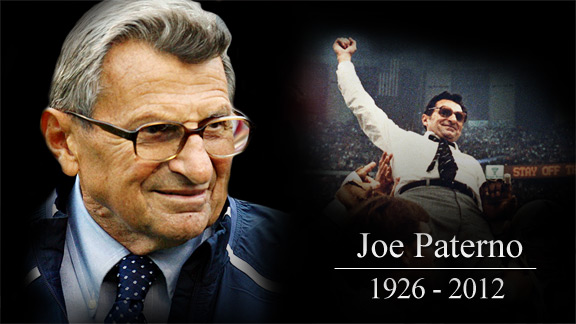Introduction:
Hello! My name is Charisma Nia Ricksy and I would like to thank you for visiting my e-portfolio. This site is a collection of some of my best work during my career as an undergraduate student at The Pennsylvania State University. The pieces I have selected are meant to reflect my many abilities as a student as well as aspects of my charismatic personality.
Over the course of this year, I have been afforded the privilege of learning, not only academically but also socially. One element of my growth as a student has been through becoming civically engaged. I define an engaged citizen as one who volunteers, or joins clubs and organizations which aim to better their respective communities. Personally, I have developed a strong desire to be involved in my community in an effort to make a difference. The pieces of work included in this portfolio are meant to reflect some aspect of civic engagement. Some works, such as my blog entries, are narratives from my own experiences while other works focus on the impact others have made on their respective communities by becoming civically engaged.
Please browse around freely and should you have any questions or feedback on my work, please visit the "Contact Me" tab. Thank you for visiting my e-portfolio and I hope you find many of the pieces of interest to you.










